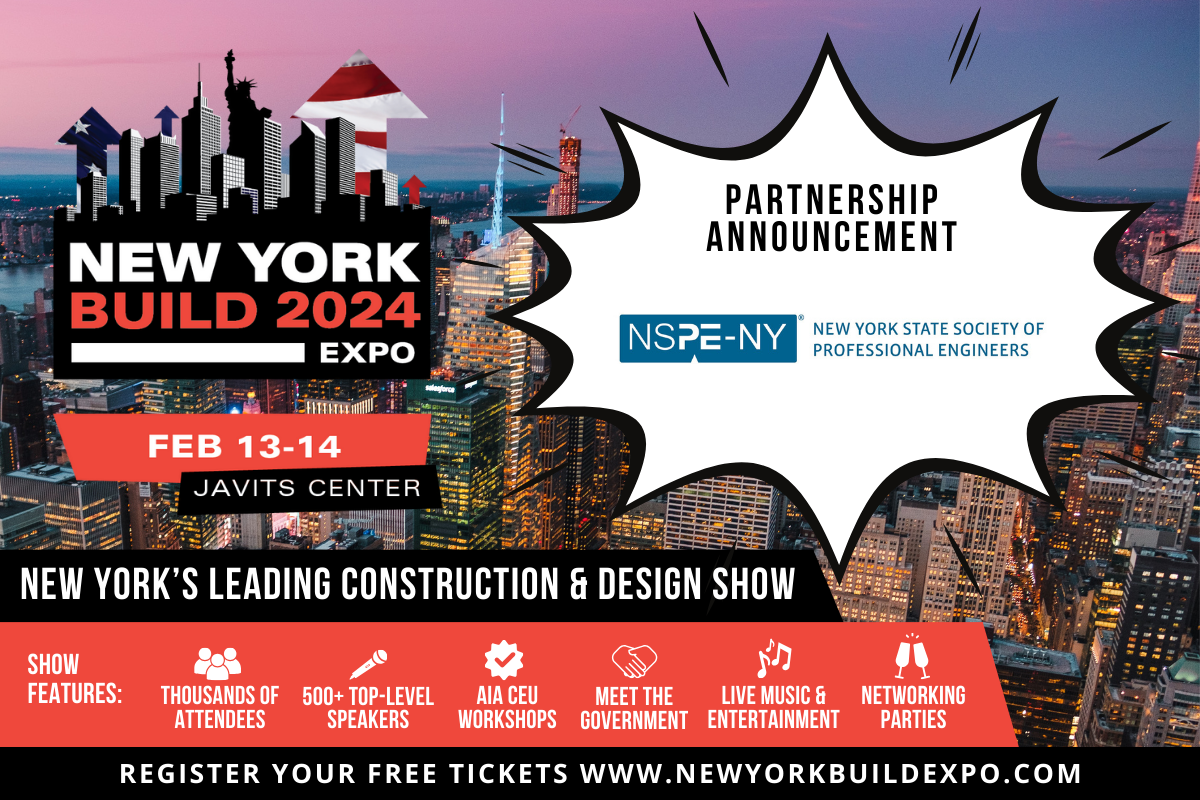DOB published a rule implementing a Local Law passed by the City Council in 2016, requiring natural gas detectors in all apartment building units, hotel rooms, and smaller residential properties that are not owner-occupied.
Local Law 157 of 2016 was introduced in the Council following a series of deadly gas explosions in New York City. With the final rules for the law issued, a law-mandated deadline has kicked in, and landlords covered under the law now have until May 1, 2025, to install detectors inside each dwelling unit in their properties.
Read local Law 157 of 2016
Read the full final rule
FAQs
Improper loading of Cold-Framed Steel Construction: Click Here


